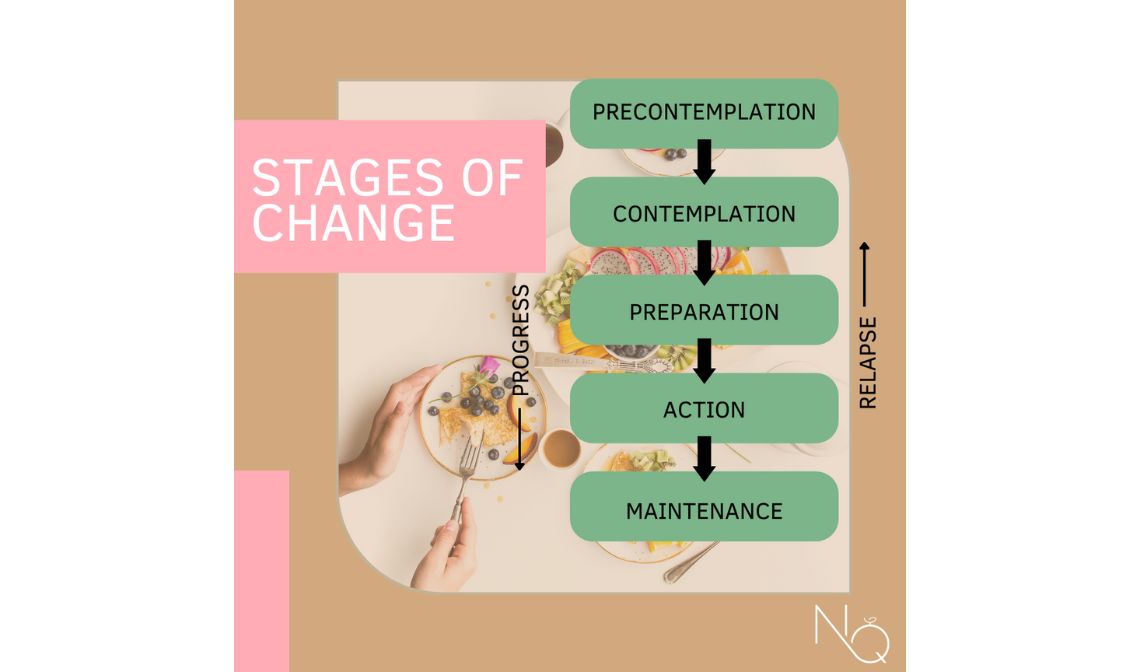Hey, where are you? Read on and see where you stand according to the stages of behavior change.
1. Before thinking or Pre-contemplation: You are not interested in making the change because you don't think you need it or haven't fully understood that the present condition has negative consequences. So you don't read, you don't talk, you don't get informed, and you don't think about this issue. For example, although your mother had type 2 diabetes, a disease influenced by diet and genetics, and had to take insulin injections for years, you don't pay much attention to your diet.
2. Thinking or Contemplation: You know there is a behavioral problem, and you want or are thinking about changing, but you haven't committed in some way to it. You hesitate. In our case, you have understood that you should pay attention to your diet, but you are not sure if you can change it and in what way, and you also do not want to deprive yourself of foods you like. As a result, you take no action on the problem.
3. Preparation: You intend to take action the next month and commit to it. For example, you call and book your first appointment with the dietitian to focus on preventing type 2 diabetes.
4. Action: You do what you are committed to and change your behavior. Thus, within the next six months from the first session, you now manage to choose unprocessed carbohydrates, which contribute, among other things, to maintaining normal blood glucose levels, and you have included in your life a daily walk of 30 minutes.
5. Maintenance: You have made the change, and your behavior change lasts for more than six months. That is, the time has passed since the completion of the sessions, and you have adopted the new behaviors.
Progress: When you advance to the next stage. For example, when you are at the pre-thinking stage and go to the thinking stage (you don't care that you have a hereditary predisposition to type 2 diabetes → you realize that you have one more reason to want to take care of your diet).
Relapse: When you move to a previous stage. The opposite of progress. It is a process that can be done at any time and is part of your overall course.
The "stages of behavior change" mainly concern the healthcare professional. However, recognizing where we stand in the present, we have much to gain. If a beloved one is in the pre-contemplation phase, they might get helped by giving them more valid information about their situation so they can mobilize. If you try unpleasantly awakening them through pressure or comments - which you do out of love and concern for their health - this could only harm your relationship. If you are in the thinking stage, then a discussion to clarify what is troubling you and a direction on how it is preferable to move will help you.
Is it something you would like to change in your diet? At which stage of these are you? It's ok wherever you are; you'll understand this better as your NQ strengthens…




